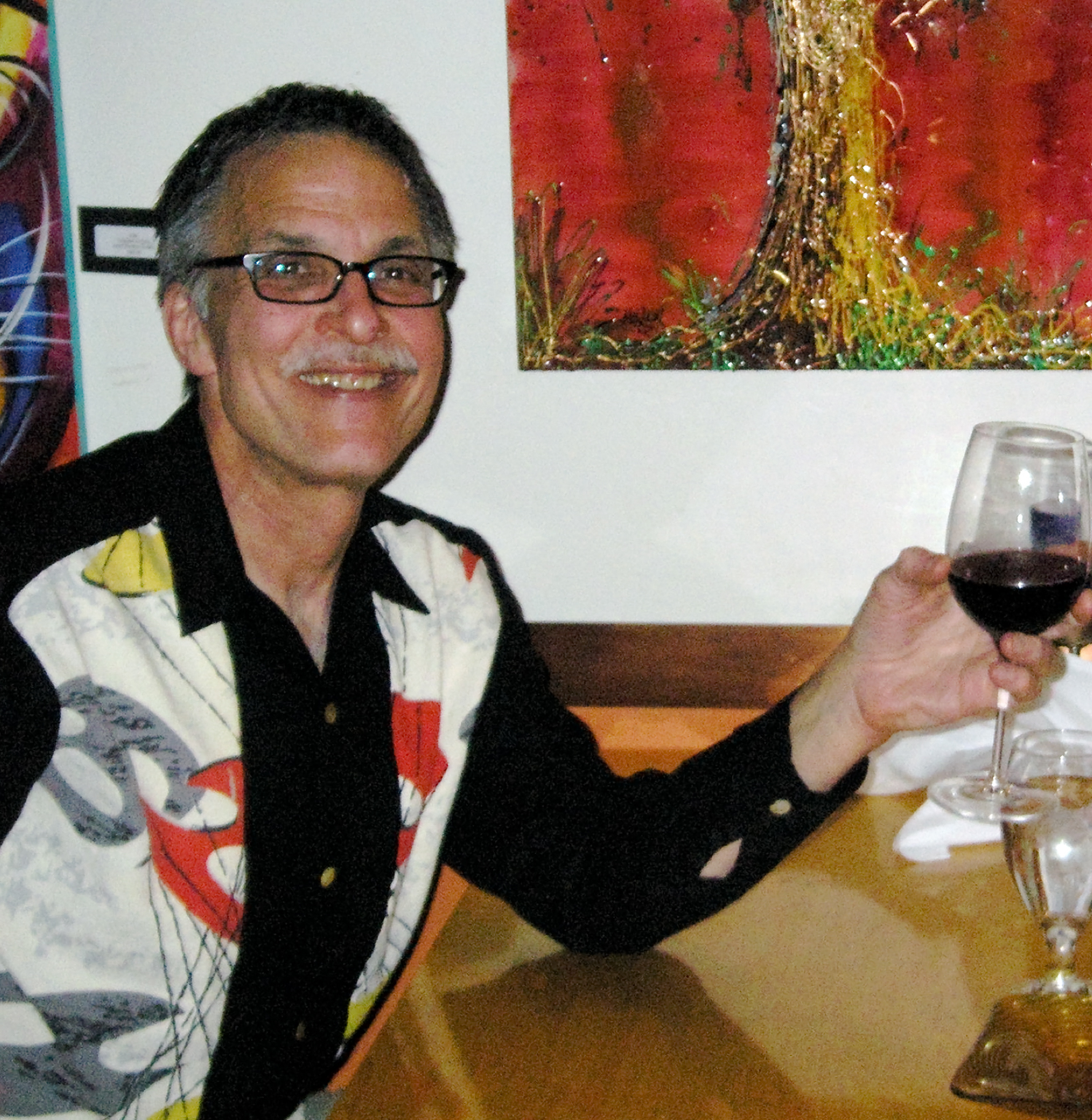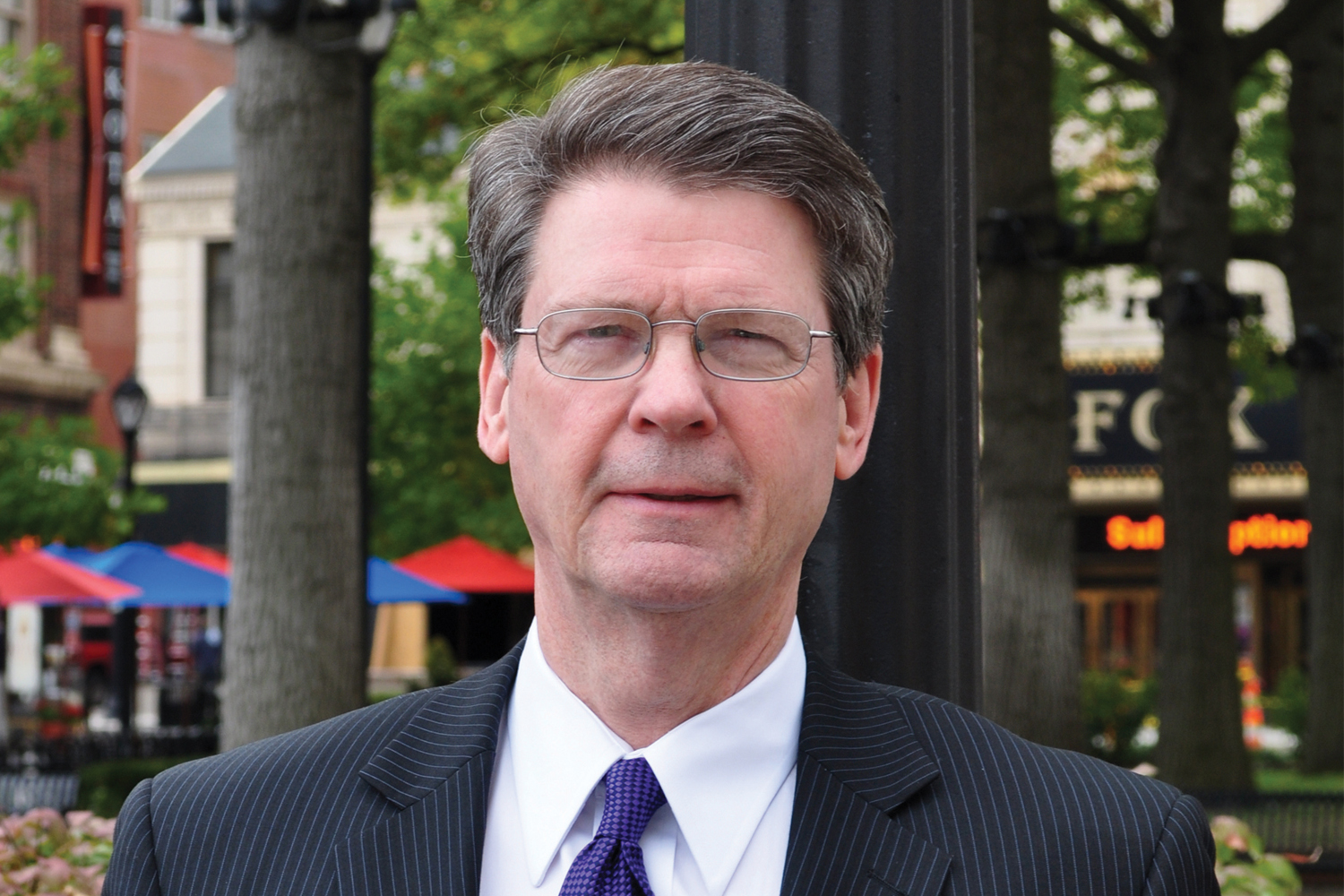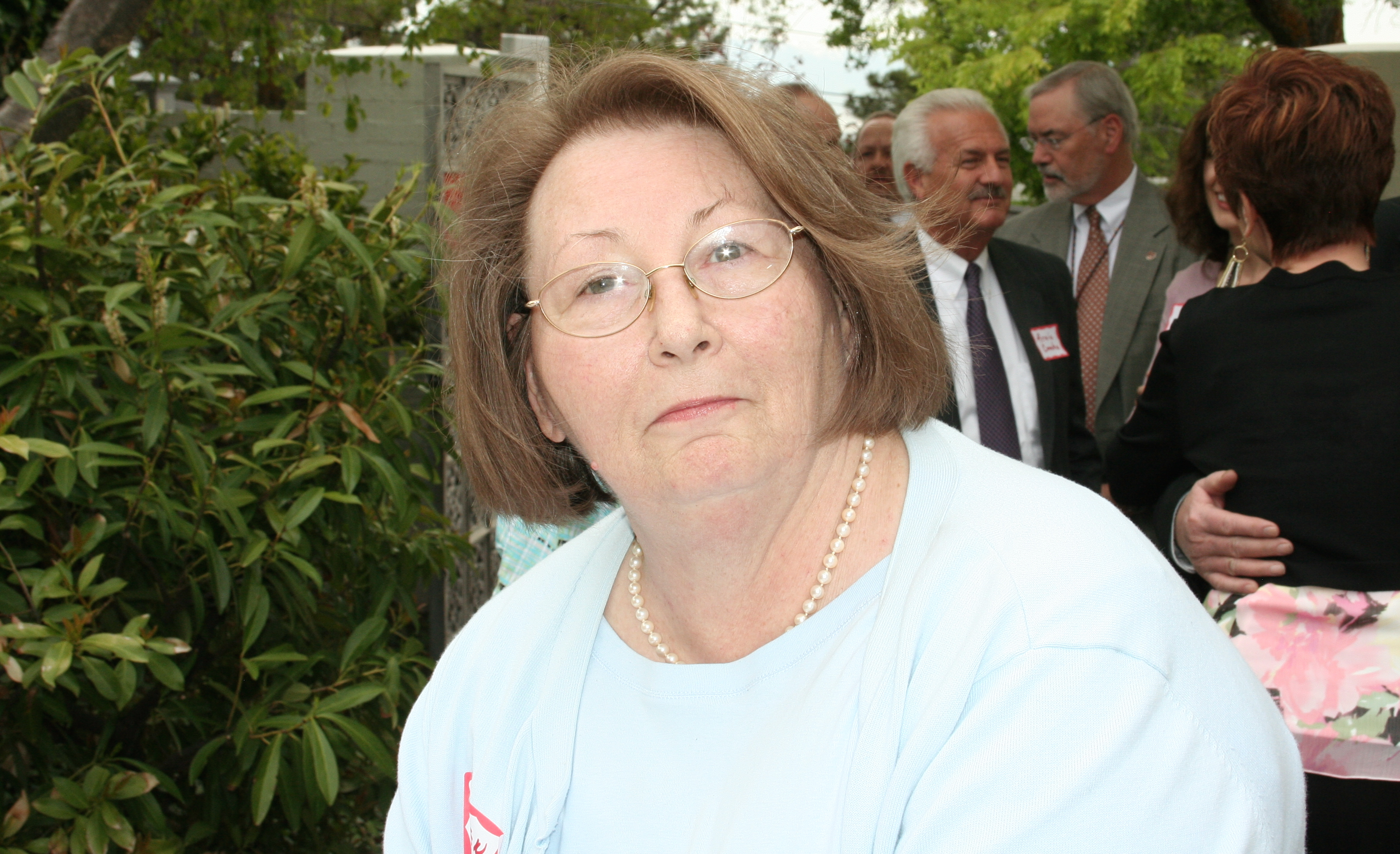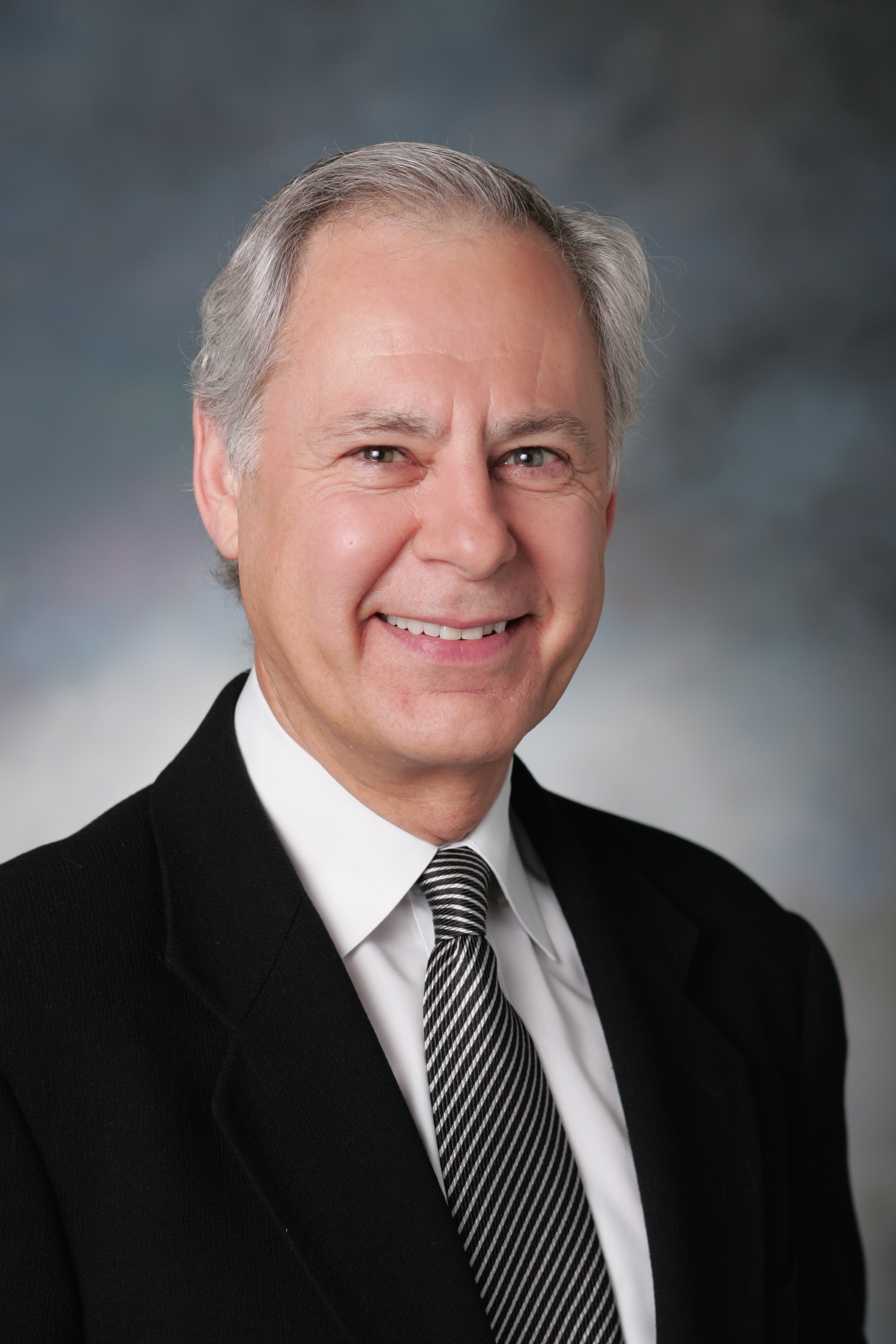People
Send your announcements about hirings, departures, fellowships and new adventures to people@current.org.
Longtime WAMU host Ed Walker to retire
Walker has hosted The Big Broadcast on WAMU since 1990 and helped launch the station in 1951.Attorney Marc Mangum dies; handled PBS copyright issues
Mangum was lead attorney in PBS's lawsuit against Internet TV service Aereo, which went to the U.S. Supreme Court.NPR names Chapin executive news editor, and more moving and shaking in public media
Chapin joined NPR in 2012 as senior supervising editor of the International Desk.PRPD recognizes Nuzum for career achievements with Otto Award
The former NPR programmer was honored at the organization’s conference in Pittsburgh.‘Exceptional’ public television programmer Nick Frazer dies at 64
Frazer was the first programmer at KBDI in Denver.Ex-mayor joins Nine Network, NPR producer oversees franchises, and more comings and goings in public ...
The former mayor will “work with us on site to build strong community partnerships,” said Nine Network President Jack Galmiche.Utah public TV pioneer Lacy-Smith dies at 70
Lacy-Smith was one of the first women to serve as a broadcast executive in the state.Veteran AP executive takes over as head of INN
Sue Cross began her career at AP in 1998 as Los Angeles bureau chief.NPR merges oversight of digital departments as Bob Kempf heads to WGBH
NPR Digital Services will be overseen by Zach Brand, the network’s v.p. of digital media.EPS hires Lore, Andrews handles ads for Current, and other comings and goings in public ...
Rick Lore previously served as development v.p. at Maryland Public Television.Davar Ardalan on the civic tech movement and life after NPR News
The NPR producer has left the network to explore the potential of collaborative social-impact storytelling.Longtime public TV producer John Coney dies at 79
Coney’s public broadcasting experience dates to 1956, when he began work at KQED in San Francisco as producer and director.PlanPhilly managing editor leaves WHYY
Matt Golas resigned from his position Thursday.Dan Metziga, head of development at OPB, dies at 66
He was presented with PBS’s C. Scott Elliott Development Professional of the Year Award in July.Zvi Shoubin, veteran MPT programmer, dies at 86
MPT President Larry Unger called Shoubin “one of the great pioneers” of the programming field.















